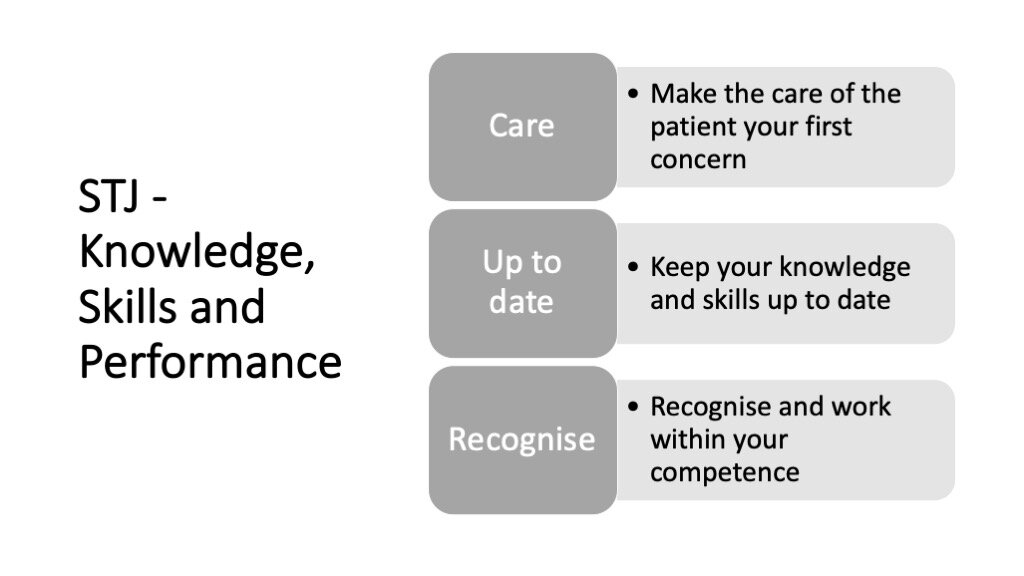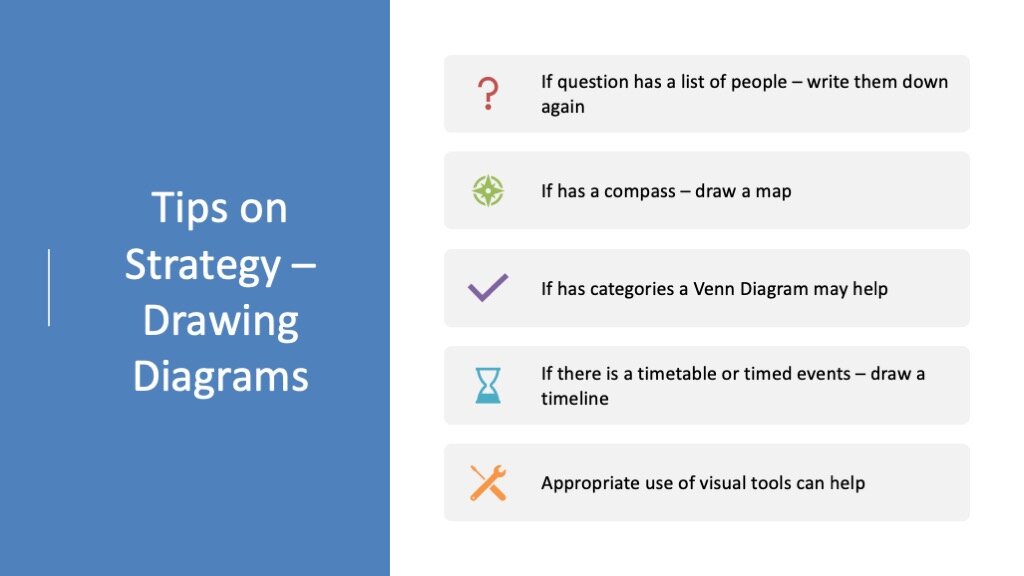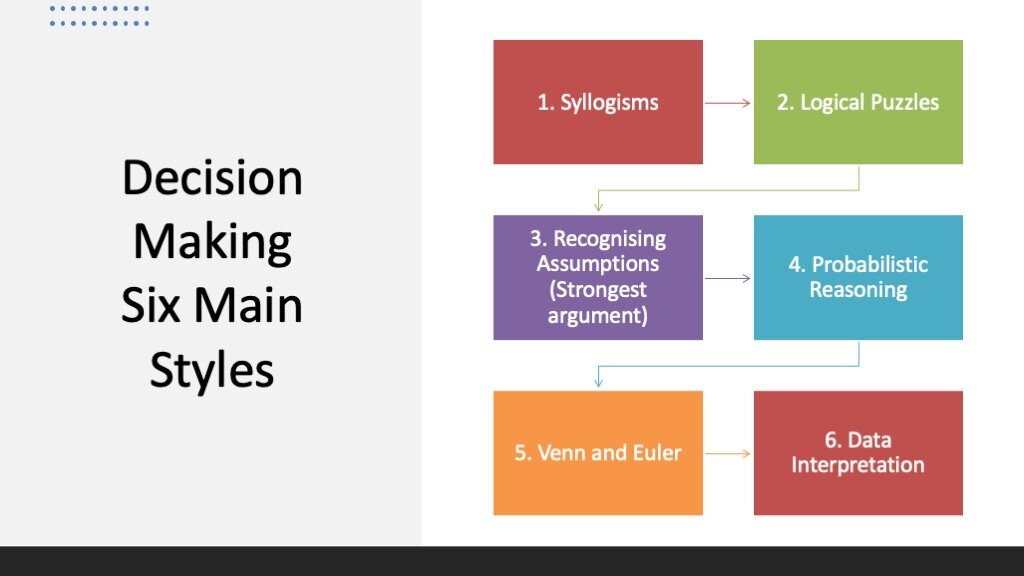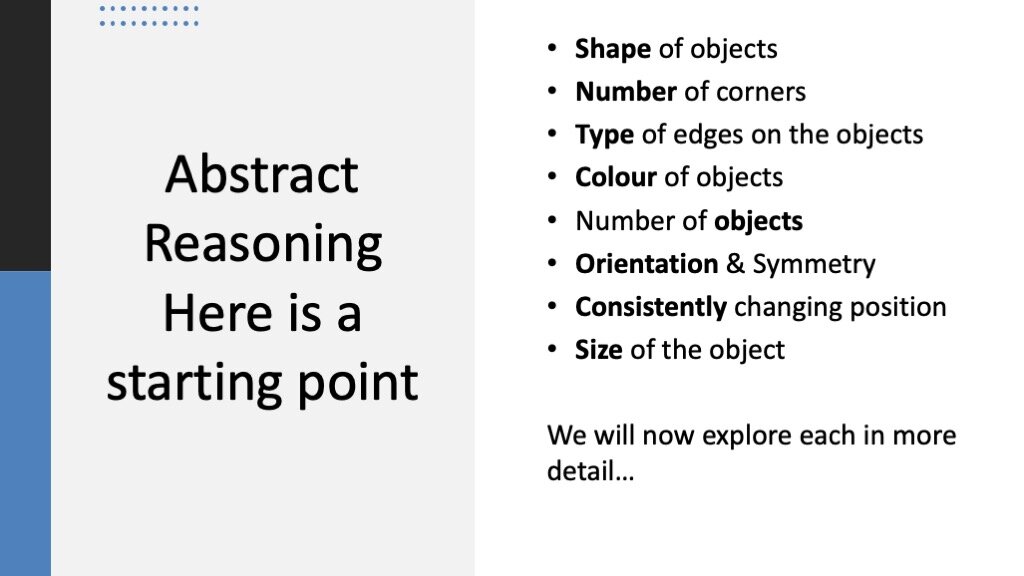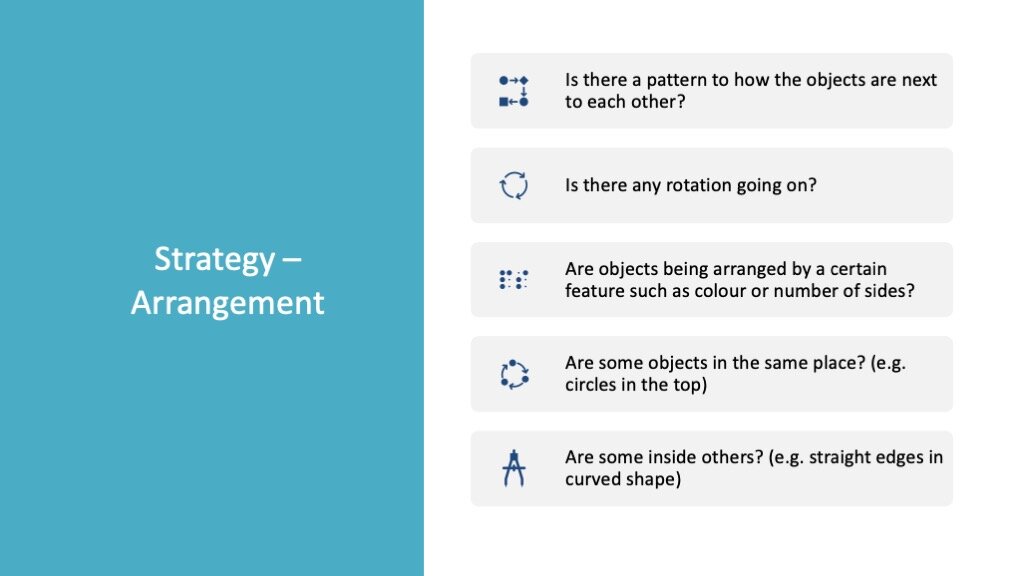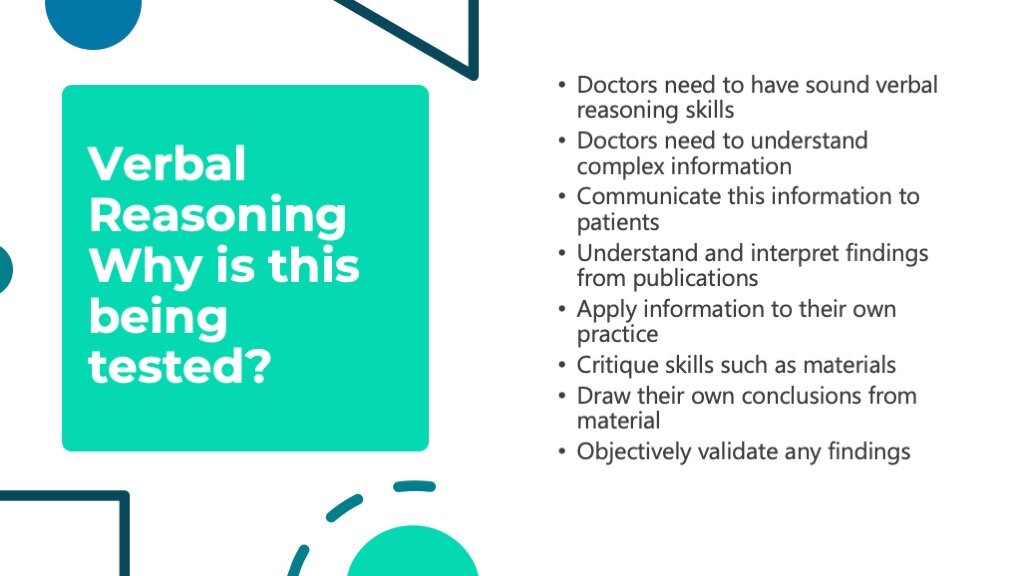7 essential tips for students sitting the UCAT exam
The UCAT consortium advises students to only prepare using the free materials they provide online. However, we could not find any detailed guides on strategy for each section of the exam, nor any tips on where examiners try and trip you up. It is understandable why this information has not been produced by the official UCAT consortium.
The past papers are useful, and we do advise all our students to use them for practice after you have studied how to approach each area of the exam. The knowledge and skills required to approach each area of the exam can be acquired and learnt and we would advise all students to do this. The best way of doing this is by being taught in person on our UCAT Intensive One Day Course. This is just like having timetabled ‘A-level’ lessons on the UCAT and we would always recommend this.
Here are 7 essential tips for students that are planning to sit the UCAT exam.
Start your revision early
Do not leave it until the week before the exam. We normally advise booking a date at the end of August so that you have the summer holiday to revise and there are no timetabled school sessions for you to attend. We advise at least 4 weeks to revise and at least one hour of preparation per day. This is in addition to a strategy course such as our UCAT Intensive One Day Course.
When you do practice, make sure you stick to the time restrictions in the actual exam. Many students are not able to complete the exam and therefore knowing how to approach questions and having clear frameworks that you follow gives you a distinct advantage in not only getting the right answer but also speed.
Use more than one source for your UCAT practice questions
We advise students to use at least 3 sources of practice questions. The UCAT official page is one source. Students on our UCAT course get a further 1000 questions calibrated at the correct level for your revision. Have a look at some of the course slides below.
You can look at books but take care – some books have outdated questions and others are not accurately representative of the real exam. Read reviews carefully and do not purchase anything that is too old.
Don’t leave any question out – there is no negative marking.
Answer every question. If you do not know the answer to a question, try eliminating answers that you can work out are wrong to narrow down your choices as best as you can. It you are still stuck, make an informed guess. There is no negative marking – this means marks will not get deducted if you give a wrong answer, so do not leave any question unanswered.
Use the ‘flag’ options to highlight questions you can come back to.
Learn how to use the ‘flag’ option. You can guess the answer and then ‘flag’ the question so that you can come back to it later (if there is time). In addition, watch the clock carefully. You usually only have a very short time to answer each question, so it is to your advantage to answer the easy and short questions first and then come back to the harder and longer questions. Every question in each section has an equal number of marks – harder questions do not mean more marks.
Learn how to navigate the system. Know your keyboard shortcuts and familiarise yourself with the online calculator.
Whilst you can navigate the exam using a mouse, there are keyboard shortcuts that you can use. Details of these can be found on the official UCAT consortium website. If you are sitting the exam at home these shortcuts should also work at home. If you are using a mac at home, the shortcuts may be different. The organisation that run the online exam do have a system test that you must try and get familiar with it if you want to sit the exam online at home.
You will not be able to underline or highlight items on the screen. There is an ‘online scratchpad’ that you can use to take notes – personally I find this method slow. You are allowed a ‘erasable whiteboard’ if you sit the exam at home – it will have to be wiped at the end of the exam. In a test centre you will get a note board and pen. Don’t be afraid to ask for more note boards if you need to during the exam – do not waste time by rubbing out answers.
There is an online calculator. You can use the windows or mac calculator to get used to using a calculator online – it is slower than using a ‘real’ dedicated calculator. You should avoid using the online calculator unless absolutely necessary.
Know how to approach all areas of the exam in detail and know where the examiners will trip you up
The UCAT exam consists of five individual test areas: verbal reasoning, qualitative reasoning, abstract reasoning, decision making and situational judgement. In each area there are common questions types and common themes that are used. For example, it is possible to learn frameworks to quickly work out patterns in abstract reasoning and there are sets of rules that can be learnt to apply in situational judgement. There will be distractors and incomplete statements that you will have to look out for otherwise you will lose marks as they will direct you to the wrong answer.
The best way to equip yourself with this the knowledge and skills to answer these questions more quickly is to come on our UCAT Intensive Preparation Course. Have a look at some of the course slides below.
Book your exam test date early.
Test dates fill up quickly – If you delay you may be left with unpopular dates that can clash with school and test centres (if you choose this option) do fill up. You may end up needing to travel to a test centre further away if your local one is full.
As we have mentioned previously, it is better if you choose a test date at the end of summer. That way you will have time to revise and there should be no school or other events getting in the way. Bear in mind it is also useful to start thinking about your UCAS personal statement over the summer as well. You should be able to get your UCAT score before the UCAS application submission dates. This will help you strategically choose your medical school choices.
We have given you several generic tips for the examination overall. It is essential to attempt many practice questions for this exam. You will need to improve your accuracy at not just getting the right answer, but also do this at speed and in the short time allocated. Good luck in your examination.

